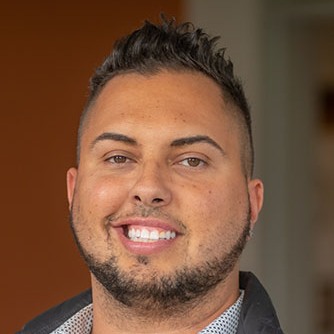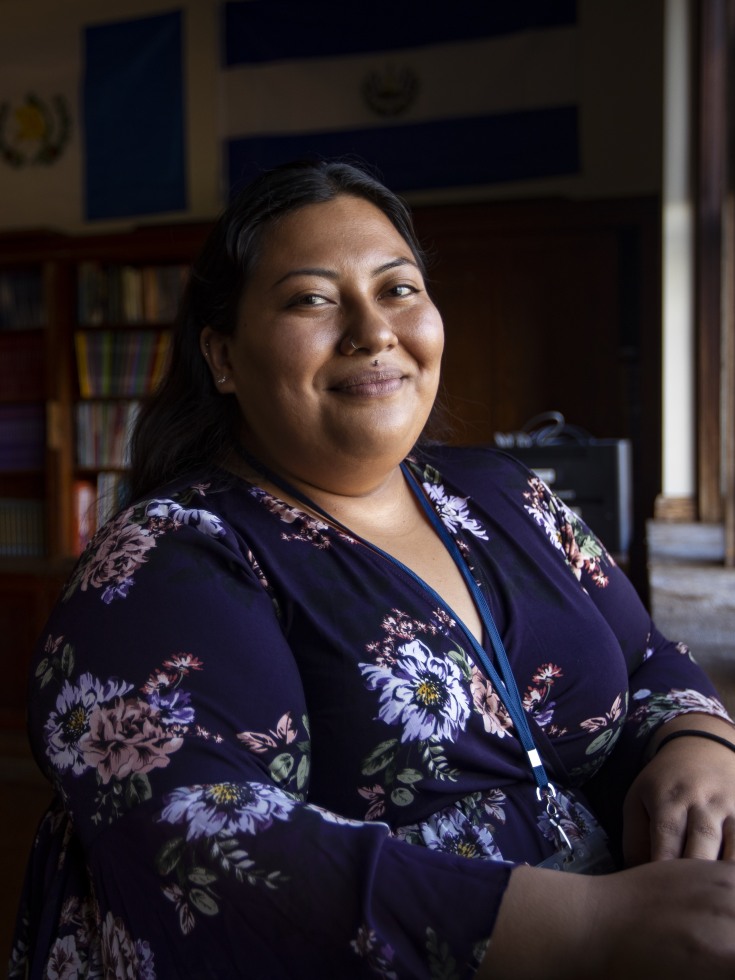Students in social studies classes learn history, civics, geography, economics, rhetoric, humanities, and various social sciences to better understand their experiences in the modern world. Social studies teachers empower young people to explore their past, analyze their present, and freedom-dream for the future. Students and teachers craft stories about identity, power, and resistance for the purposes of social justice and civic action. Therefore, social studies educators have the privilege and responsibility of co-collaborating with students to be the social change they want to see.
Our Master of Arts in Teaching (MAT) in Social Studies Education will prepare you to equip your students with essential skills including critical thinking, storytelling, media literacy, primary source analysis, public speaking, purposeful writing, historical imagination, and informed decision making. Combining theory and practice, inside both public schools and academic settings, you will have access to the most cutting-edge training in social studies education today.
Candidates must have completed a bachelor’s degree that includes a concentration of coursework in history, political science, critical identity studies, or substantial study in the social sciences and humanities to be admitted into the program.

